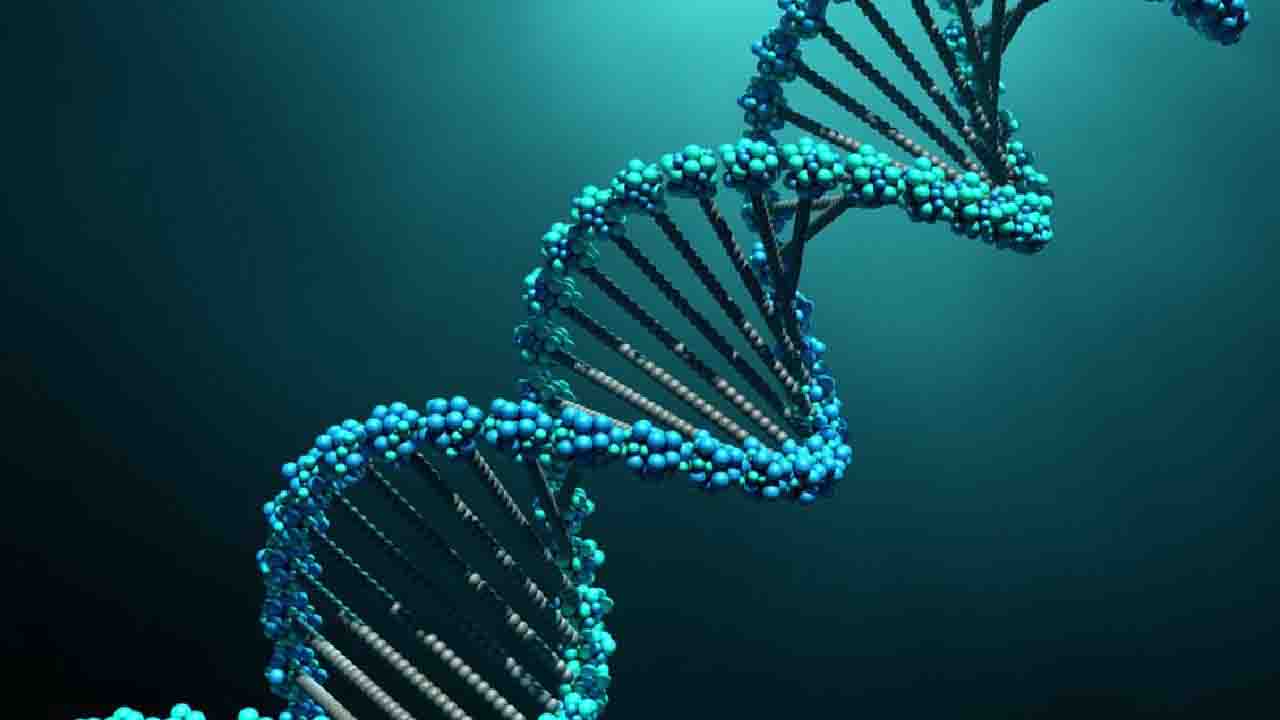Deoxyribonucleic Acid (DNA) is the molecule that contains the genetic instructions that determine the development, function, and behavior of all living organisms. It is the building block of life and the fundamental basis for the diversity of life on Earth. The DNA molecule is made up of four types of nitrogenous bases: adenine (A), guanine (G), cytosine (C), and thymine (T). These bases are arranged in a specific sequence that determines the genetic code, which controls the structure and function of every cell in the body. The genetic code is responsible for encoding the information necessary to build proteins, which are the workhorses of the cell. Proteins are responsible for carrying out a wide range of functions, including cell division, metabolism, and responding to environmental cues. The DNA molecule is located in the nucleus of every cell in the body and is tightly packed into structures called chromosomes. The human genome consists of 23 pairs of chromosomes, each containing thousands of genes that code for specific proteins.
The role of DNA in our lives is extensive. It plays a critical role in our development from conception to adulthood and beyond. The information encoded in our DNA determines our physical characteristics, such as eye color, hair color, and height, as well as our susceptibility to certain diseases. In addition to determining our physical traits, DNA also plays a vital role in our mental and emotional well-being. It has been shown that certain genetic variations are associated with an increased risk of mental health disorders, such as depression, anxiety, and schizophrenia. DNA also plays a critical role in our immune system, which protects us from pathogens such as viruses and bacteria. Our DNA contains the instructions for the production of antibodies, which are proteins that recognize and neutralize foreign invaders.The study of DNA has led to significant advances in medicine, including the development of personalized medicine and gene therapy. Personalized medicine uses information about an individual’s genetic makeup to tailor medical treatment to their specific needs, while gene therapy involves the introduction of new genes into the body to treat or prevent disease.
In addition to its role in human biology, DNA has also been instrumental in advancing our understanding of evolutionary history. By comparing the DNA sequences of different species, scientists can trace the evolutionary relationships between them and reconstruct the history of life on Earth. In conclusion, the role of DNA in our lives is vast and complex. It determines our physical traits, mental and emotional well-being, immune system, and susceptibility to disease. The study of DNA has led to significant advances in medicine and our understanding of evolutionary history, and it will undoubtedly continue to be a critical area of research for years to come.








